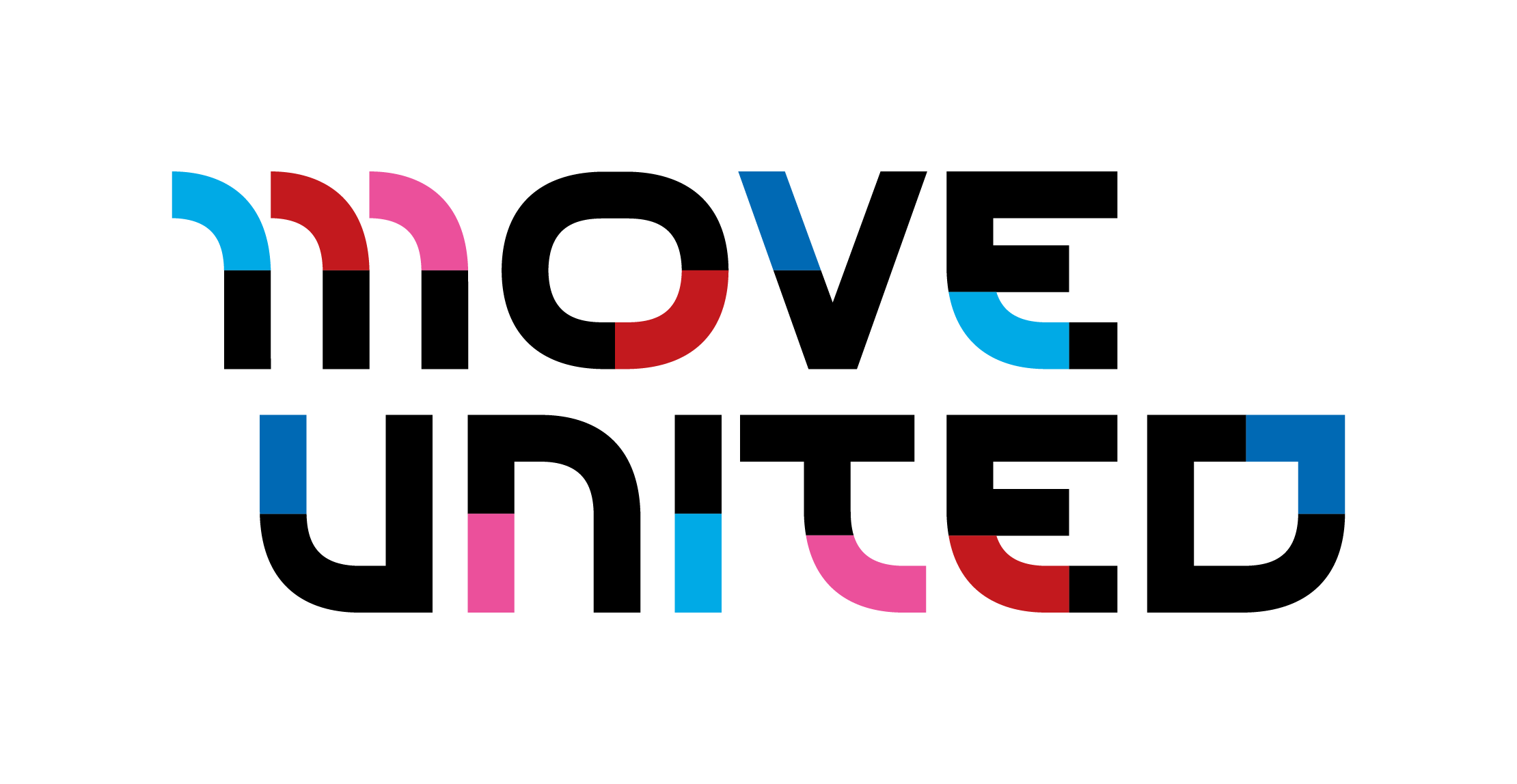NFL Football Players with Disabilities
Having a disability does not define what a person can or cannot do which is evident by the numerous examples that professional athletes have set. There are many professional athletes that have persevered through mental and physical disabilities in order to reach the highest positions in their profession. An example of this is Shaquem Griffin who was an outside linebacker for the Seattle Seahawks.
Griffin had his left hand amputated as a result of amniotic band syndrome and decided to continue his dream of playing football. Griffin was offered a scholarship to play at the University of Central Florida in which he was a critical part in bringing the program into the national spotlight. In Griffin’s final season at the University of Central Florida, he was the Atlantic Athletic Conference Defensive Player of the Year, an All American and 2018 Peach Bowl Defensive Most Valuable Player. He also helped University of Central Florida achieve an undefeated season in 2017 that led to a Peach Bowl victory against the University of Auburn.
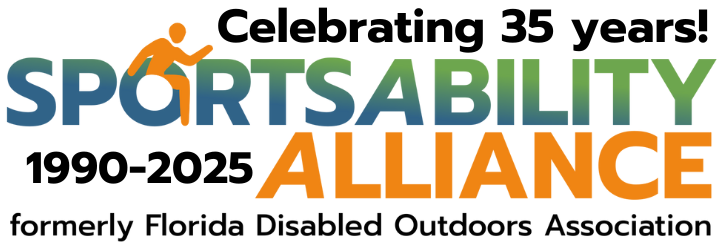
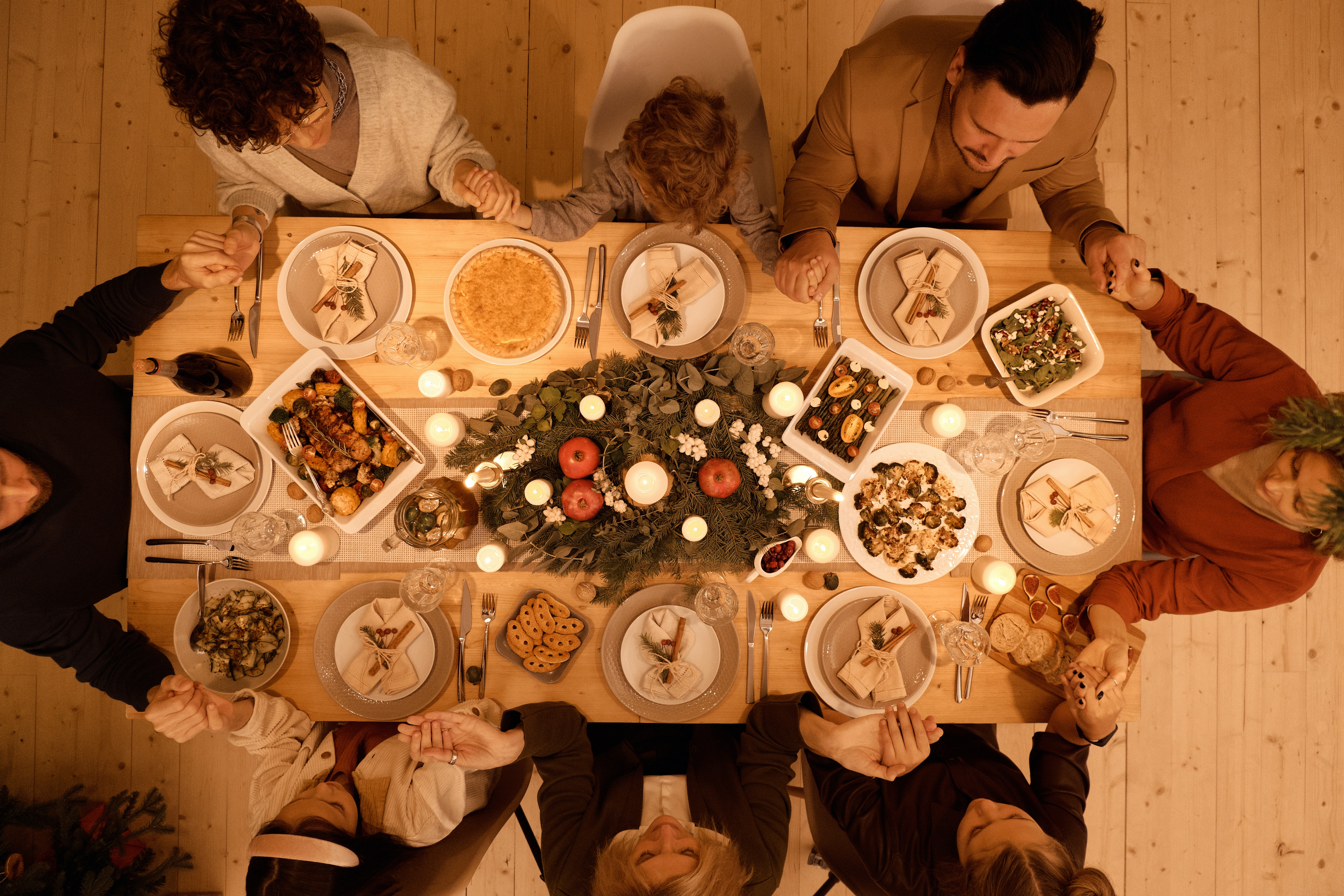
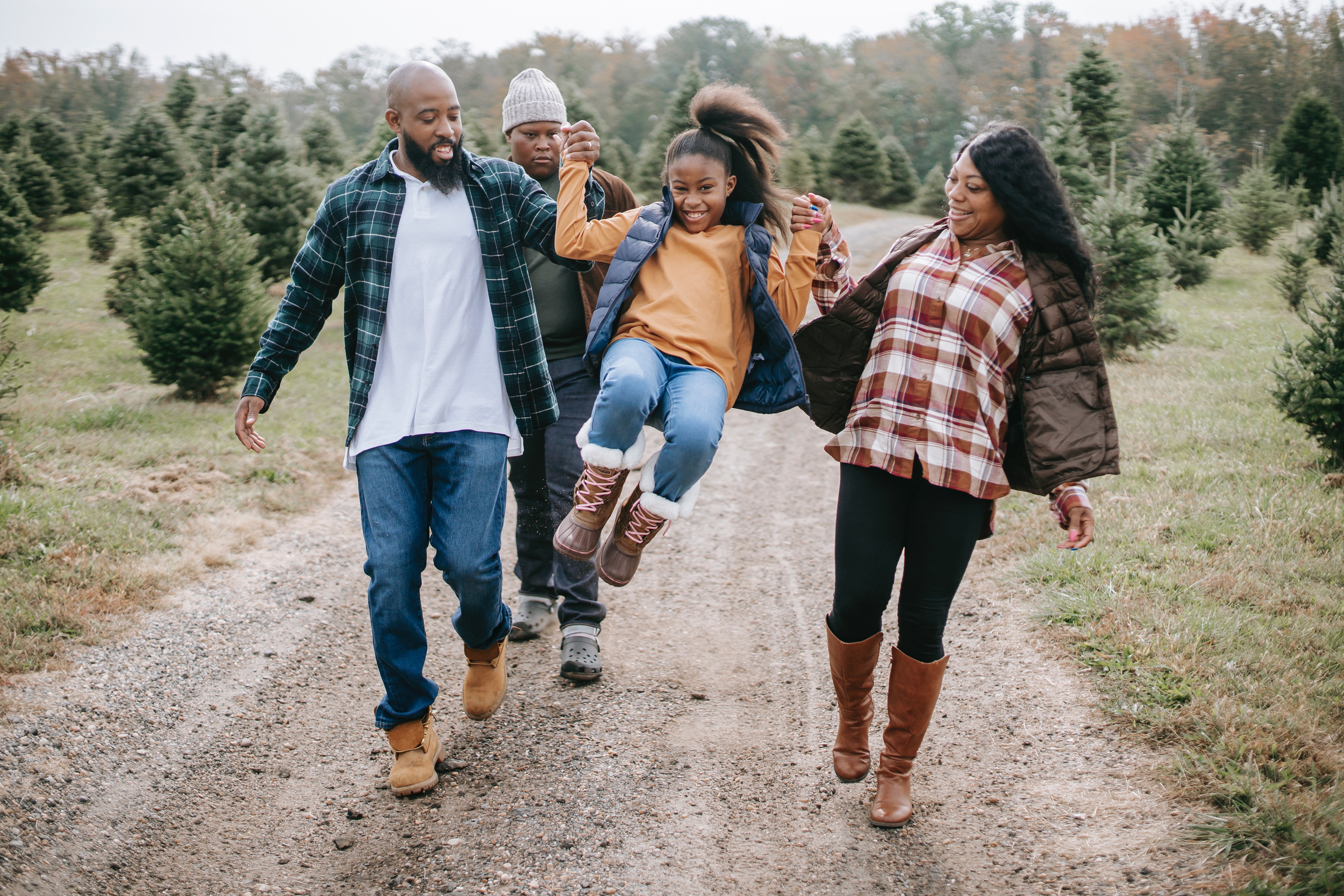 Being outside for 20 minutes can help improve your mood and well-being.
Being outside for 20 minutes can help improve your mood and well-being.
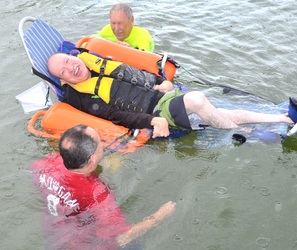
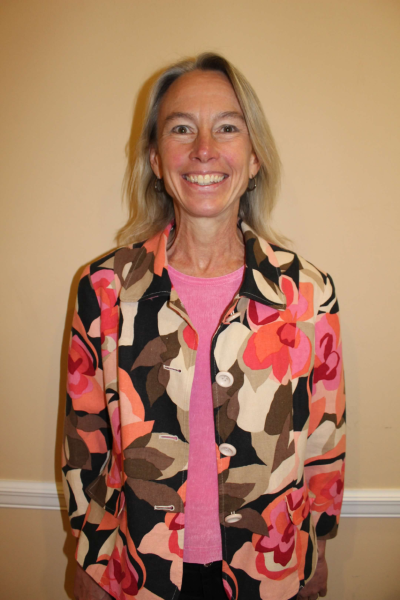

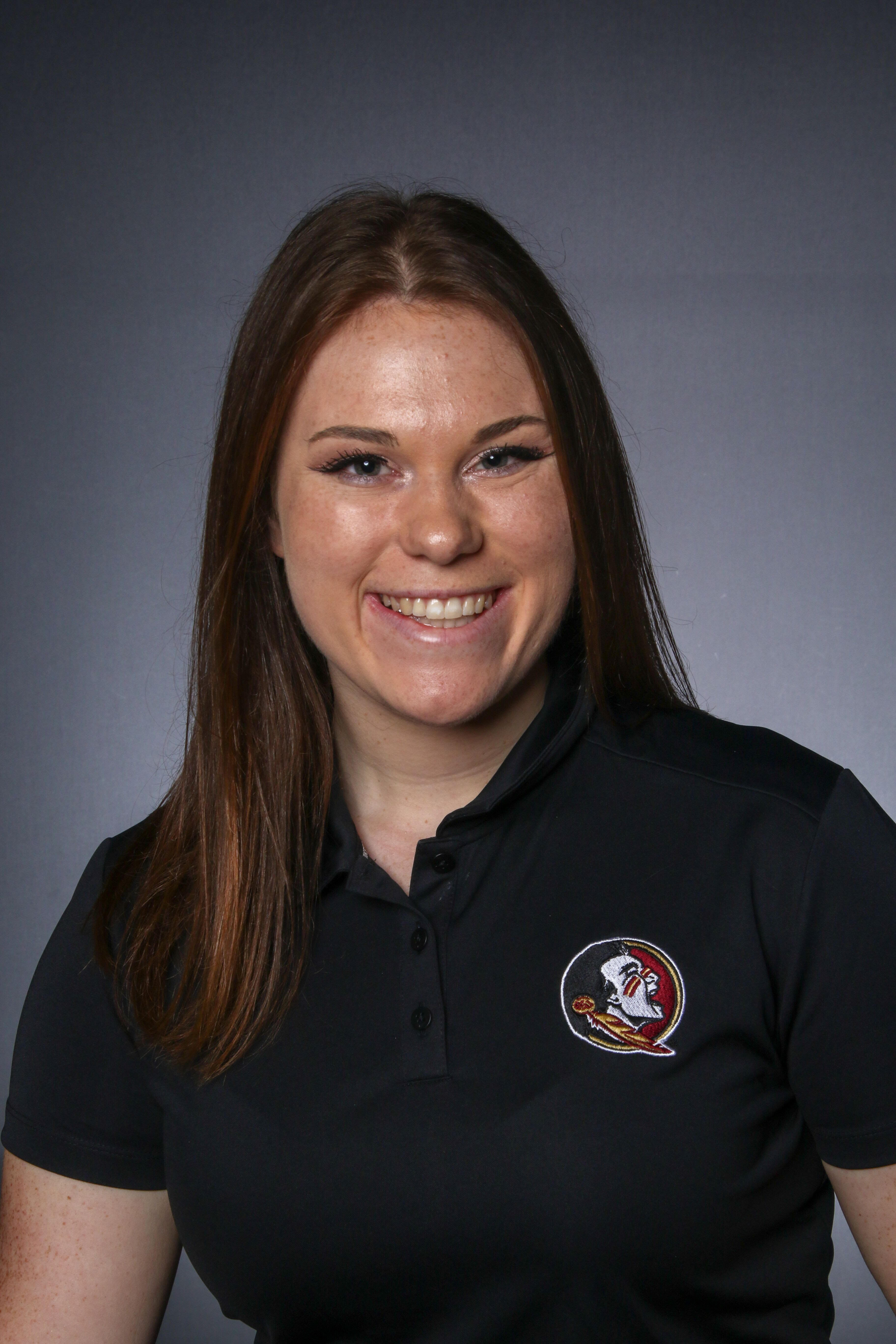 Life is crazy. In the blink of an eye, everything can change. That’s how fast things move- in the blink of an eye. As lovers of sport and recreation, its easy to understand the appeal of a fast-moving lifestyle. Though this begs the question, what happens when things move too fast? Sometimes it’s easy to get overwhelmed by the breakneck pace of the world around us. When the physical world gets to be too much, we often attempt to retreat into our own minds. Yet just as often, people are met with an unsettling amount of anxiety and stressful thoughts within the mind. Enter the practice of mindfulness.
Life is crazy. In the blink of an eye, everything can change. That’s how fast things move- in the blink of an eye. As lovers of sport and recreation, its easy to understand the appeal of a fast-moving lifestyle. Though this begs the question, what happens when things move too fast? Sometimes it’s easy to get overwhelmed by the breakneck pace of the world around us. When the physical world gets to be too much, we often attempt to retreat into our own minds. Yet just as often, people are met with an unsettling amount of anxiety and stressful thoughts within the mind. Enter the practice of mindfulness.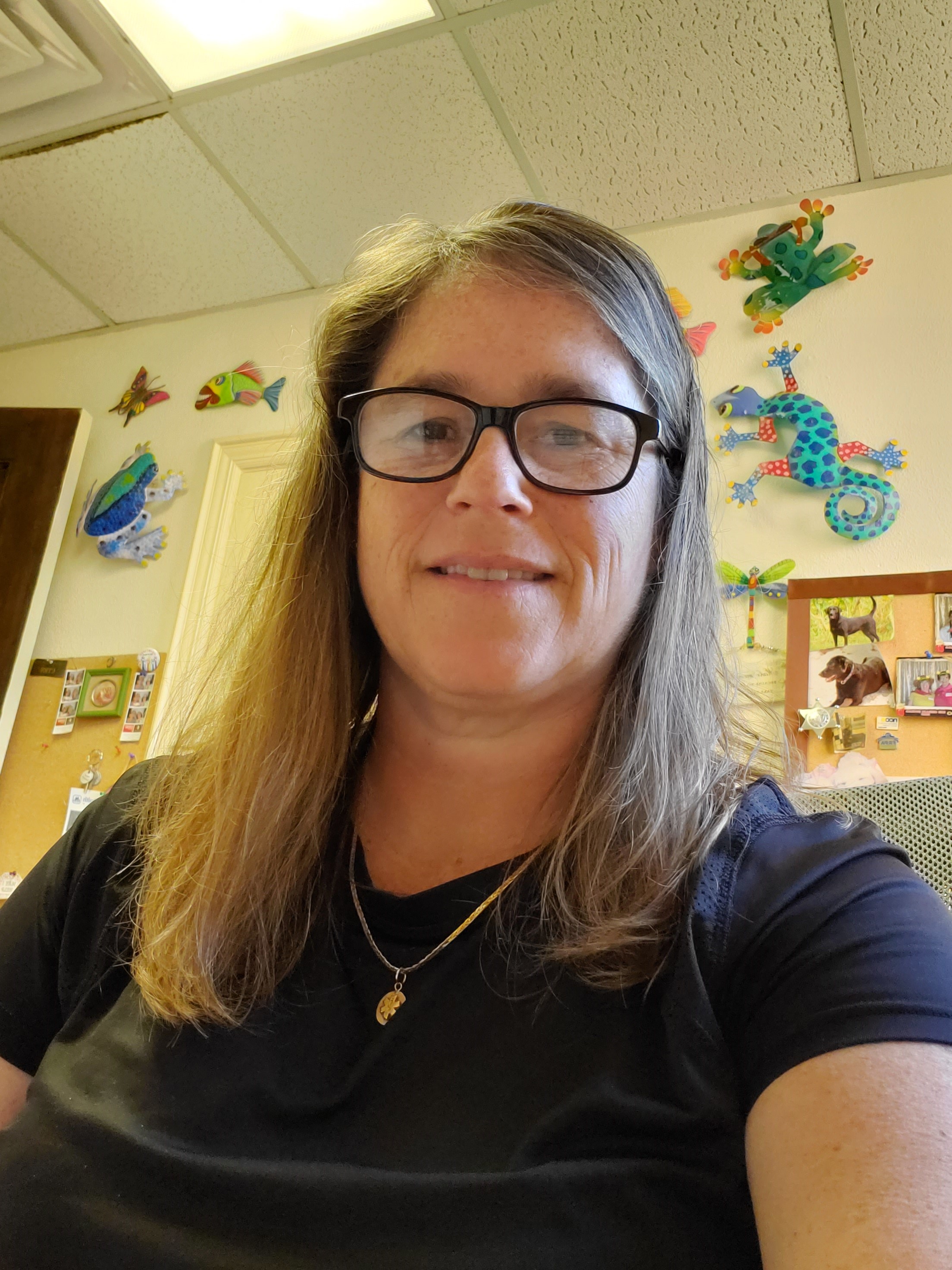 Kristy Carter has been volunteering with FDOA since 1997, when she got involved through a class project at Florida State University. She is active in all FDOA events, including Miracle Sports and SportsAbility. Her favorite FDOA event is SportsAbility, about which she said, “That is how I got hooked. The variety of programs offered and the amount of people that it can serve.” She worked as the Inclusion Specialist for FDOA from 2007 to 2011. Kristy has been on FDOA’s board since 2003. She served as the board secretary from 2011 to 2018 and has served as the vice-president since 2018.
Kristy Carter has been volunteering with FDOA since 1997, when she got involved through a class project at Florida State University. She is active in all FDOA events, including Miracle Sports and SportsAbility. Her favorite FDOA event is SportsAbility, about which she said, “That is how I got hooked. The variety of programs offered and the amount of people that it can serve.” She worked as the Inclusion Specialist for FDOA from 2007 to 2011. Kristy has been on FDOA’s board since 2003. She served as the board secretary from 2011 to 2018 and has served as the vice-president since 2018.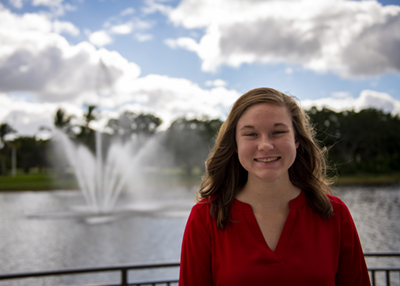 It can be easy to get caught up in your tasks for the day and not set aside some time for you to relax and connect with nature. If you work from home, you may never step outside some days if you do not section off part of your day to intentionally do so.
It can be easy to get caught up in your tasks for the day and not set aside some time for you to relax and connect with nature. If you work from home, you may never step outside some days if you do not section off part of your day to intentionally do so.
